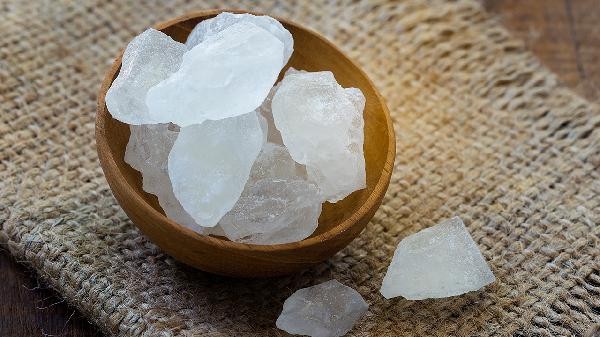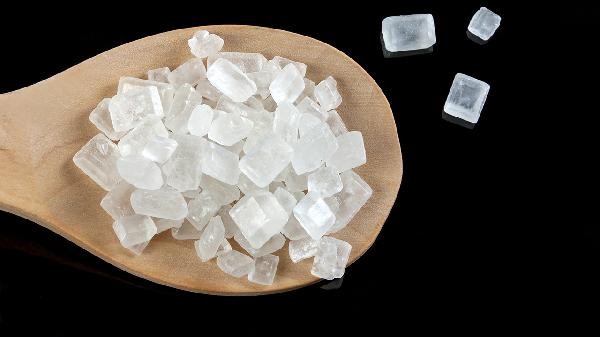Adding too much rock sugar usually does not cause bitterness, but it may develop a bitter taste due to high temperature coking or residual impurities. The main component of rock sugar is sucrose, which has a pure sweetness when used normally. The bitterness is often related to improper processing or storage. When rock sugar is not fully dissolved or excessively heated locally during cooking, caramelization reaction may occur. During the caramelization process, some sugars are broken down to produce brown substances, accompanied by a slight bitterness. This is commonly seen when boiling sugar colored desserts at high temperatures or stewing them for long periods of time. When using rock sugar, it is recommended to control the heat and avoid continuous high temperature heating. Proper stirring during dissolution can reduce the risk of local overheating. Poor quality rock sugar may contain processing residues such as sulfides, or may become damp and moldy during storage, which can cause abnormal bitterness. Choose rock sugar products with uniform texture and no impurities, and store them sealed in a cool and dry place to avoid odor. If obvious bitterness or odor is found, it is recommended to stop consuming.

When using rock sugar for seasoning in daily life, it is recommended to adjust the dosage according to the characteristics of the ingredients. When cooking at high temperatures, use low heat and slow cooking. For dessert making, it can be paired with lemon juice or vanilla pods to balance the sweetness and greasiness. Pay attention to moisture and insect prevention during storage, and use up as soon as possible after opening. If there is abnormal bitterness or physical discomfort, it should be stopped immediately and professional personnel should be consulted.










Comments (0)
Leave a Comment
No comments yet
Be the first to share your thoughts!